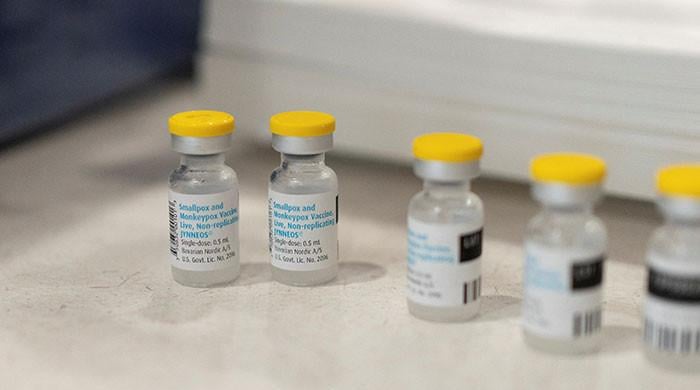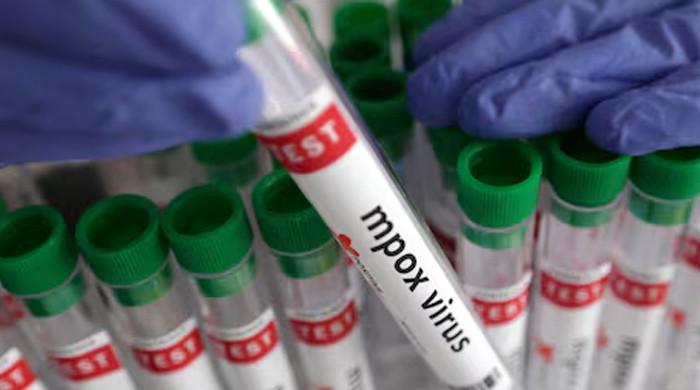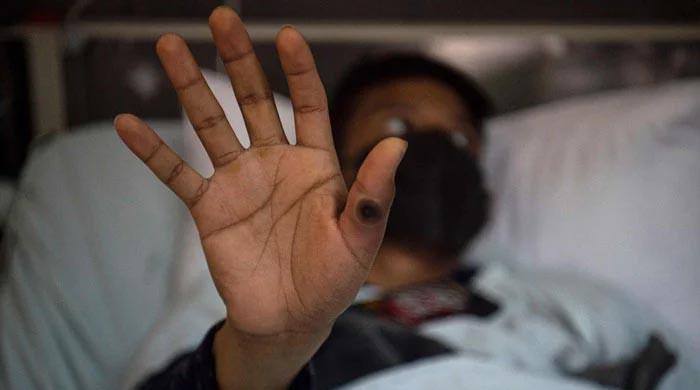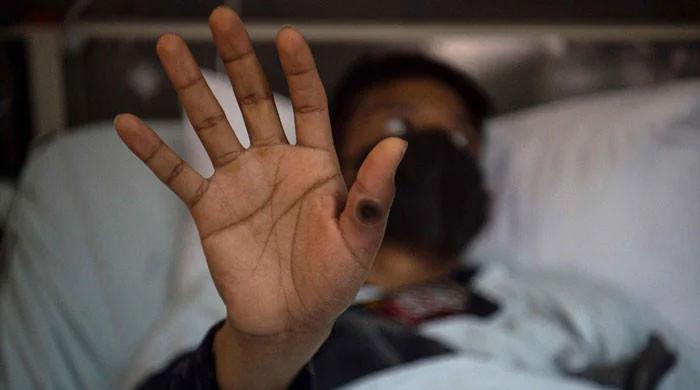Individuals who stay up late and are active during the night have a 50% higher risk of developing type 2 diabetes, according to a new study presented at the European Association for the Study of Diabetes annual meeting.
The research, part of the Netherlands Epidemiology of Obesity study, examined over 5,000 participants categorized into early risers, intermediate, and late risers.
The findings reveal that night owls are at a significantly greater risk of developing metabolic disorders, including diabetes.
Lead researcher Jeroen van der Velde from Leiden University Medical Centre explained that this increased risk is likely due to a misalignment between the body’s natural circadian rhythm and daily social schedules.
This misalignment can disrupt metabolic functions, contributing to issues such as type 2 diabetes.
“People with a late chronotype tend to have higher body fat, including visceral and liver fat, contributing to their greater risk,” he said.
Night owls were also found to have higher body mass indexes, larger waist circumferences, and more visceral fat, all of which contribute to diabetes risk.
However, the study suggests that adopting healthy lifestyle habits could help mitigate some of these risks. Below are some effective strategies for improving metabolic health for night owls:
1. Focus on consistent and quality sleep to reduce diabetes risk
Night owls often suffer from poor-quality sleep due to irregular schedules. Studies show that going to bed late disrupts the body’s natural circadian rhythm, leading to increased risks of type 2 diabetes.
Night owls should aim to establish a regular bedtime, ensuring they get 7-9 hours of uninterrupted, restful sleep.
Consistent sleep patterns can help improve metabolic health and reduce the risk of other chronic conditions, including heart disease and high cholesterol.
2. Early dinner and regular exercise essential for night owls’ health
1725968553-0/Express-Tribune-Web-(15)1725968553-0.jpg)
Late-night eating is linked to obesity and type 2 diabetes. Night owls should prioritise eating dinner earlier in the evening to give their bodies enough time to digest food before sleeping.
Along with healthy eating, incorporating regular exercise into their routines, such as walking, yoga, or swimming, can help regulate blood sugar levels.
Physical activity is key to maintaining metabolic health, improving sleep, and balancing weight gain that may come from late-night habits.
3. Staying hydrated is key to managing blood sugar levels
1725968428-0/Express-Tribune-Web-(12)1725968428-0.jpg)
Dehydration can lead to blood sugar spikes, which increase the risk of diabetes. Night owls, especially those who are active at night, need to stay hydrated by drinking at least 8 glasses of water a day.
Ensuring adequate hydration throughout the day helps maintain balanced blood sugar levels, reducing the risk of complications from type 2 diabetes. Proper hydration also supports overall health and helps regulate bodily functions.
4. Balanced diet rich in fibre and protein helps control diabetes risk
1725968541-0/Express-Tribune-Web-(14)1725968541-0.jpg)
Night owls are more likely to indulge in late-night snacks, which can lead to weight gain and metabolic issues. A balanced diet rich in fibre, protein, healthy fats, and essential vitamins is crucial for night owls to stay full and avoid unhealthy cravings.
Such a diet helps regulate blood sugar levels, ensuring they remain balanced throughout the night and into the next day. This approach will also support overall health and prevent obesity-related illnesses.
5. Quitting smoking and limiting alcohol can lower diabetes risk
1725968312-0/Express-Tribune-Web-(11)1725968312-0.jpg)
Research shows that night owls are more likely to smoke and drink, habits that contribute to higher risks of developing type 2 diabetes. Smoking and excessive alcohol consumption increase inflammation and insulin resistance, key factors in diabetes development.
Quitting smoking and limiting alcohol intake can significantly reduce these risks and contribute to better metabolic health, improving overall well-being and reducing the chance of other chronic illnesses.
6. Manage stress with mindfulness to prevent blood sugar spikes
1725968274-0/Express-Tribune-Web-(10)1725968274-0.jpg)
Chronic stress is closely linked to higher blood sugar levels, which can lead to type 2 diabetes. Night owls often experience elevated stress due to irregular sleep and work schedules.
Incorporating stress-management techniques, such as mindfulness, yoga, or meditation, can help lower stress levels and prevent blood sugar spikes. Finding time to relax and engage in hobbies can also support mental well-being, further reducing the risk of diabetes and other stress-related health issues.
By adopting these healthy lifestyle habits, night owls can significantly reduce their risk of developing type 2 diabetes and improve their overall metabolic health.
1725968235-0/Express-Tribune-Web-(9)1725968235-0.jpg)

 Technology6 مہینے ago
Technology6 مہینے ago
 Pakistan6 مہینے ago
Pakistan6 مہینے ago
 Sports6 مہینے ago
Sports6 مہینے ago
 Pakistan6 مہینے ago
Pakistan6 مہینے ago
 Entertainment6 مہینے ago
Entertainment6 مہینے ago
 Pakistan6 مہینے ago
Pakistan6 مہینے ago
 Entertainment6 مہینے ago
Entertainment6 مہینے ago
 Pakistan6 مہینے ago
Pakistan6 مہینے ago
1725968553-0/Express-Tribune-Web-(15)1725968553-0.jpg)
1725968428-0/Express-Tribune-Web-(12)1725968428-0.jpg)
1725968541-0/Express-Tribune-Web-(14)1725968541-0.jpg)
1725968312-0/Express-Tribune-Web-(11)1725968312-0.jpg)
1725968274-0/Express-Tribune-Web-(10)1725968274-0.jpg)










